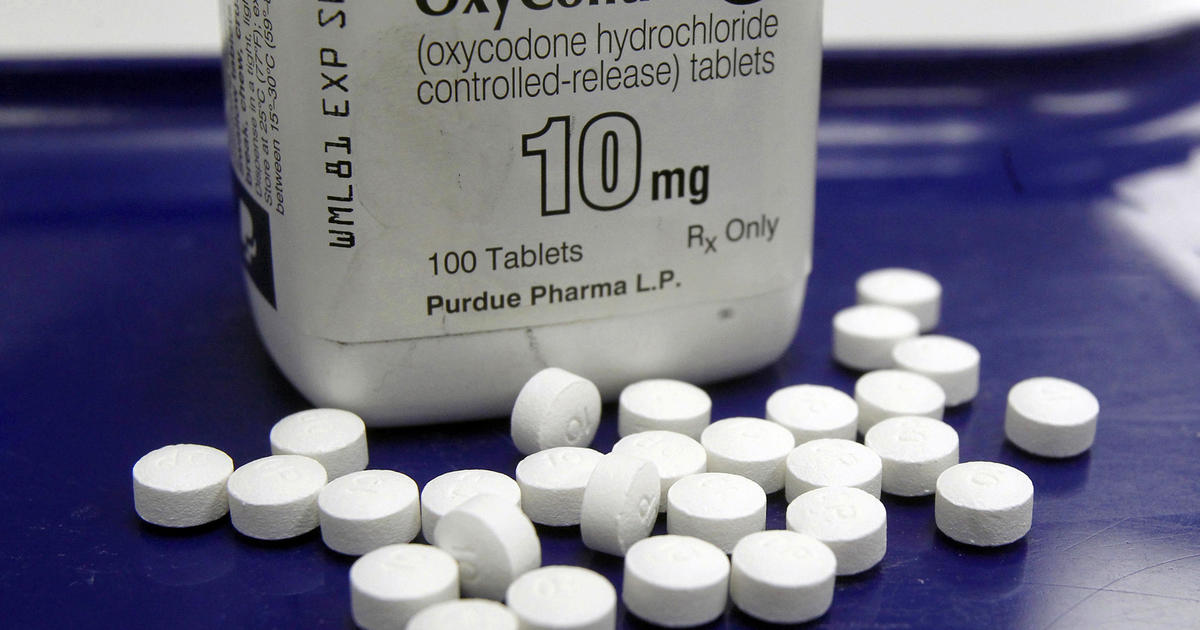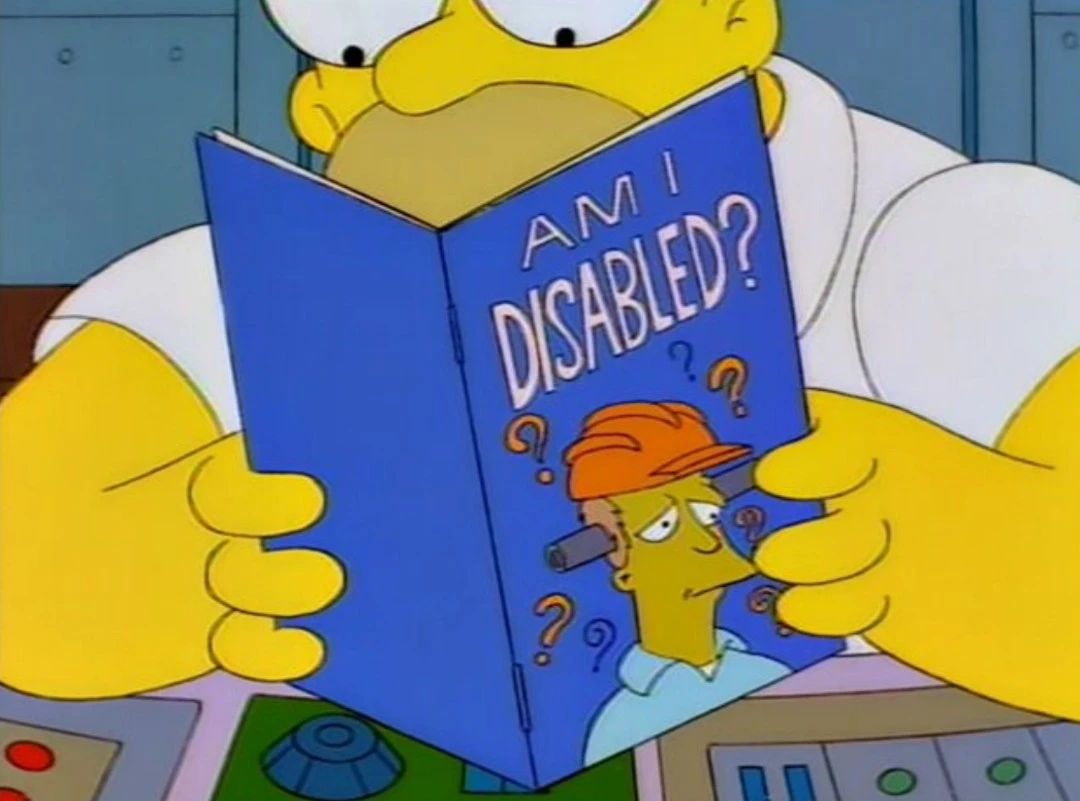Long before Purdue Pharma filed for bankruptcy, before the series’ “Dopesick” and “Painkiller” brought the Sackler family and devastation of the opioid crisis into Americans’ living rooms, and before her son died of a drug overdose at the age of 33, Ellen Isaacs was sounding the alarm about the opioid epidemic.
…
On Monday, Isaacs is set to return to Washington as part of her efforts to fight the bankruptcy plan and, specifically, the decision to release the Sacklers from civil liability for the opioid epidemic. The matter is under review by the Supreme Court, with oral arguments in the case, known as Harrington v. Purdue Pharma L.P., set for Monday morning.
“It’s really important to me that these people get held accountable for all the people that they’ve murdered,” Isaacs told CBS News. “They’re criminals and they needed to be treated as such.”
Sacklers taking Clarence Thomas on vacation in 3 … 2 …
He’s probably already been on countless vacations with them.
Time for all-expenses-paid luxury fishing trip for certain “justice” and his wife
Good luck. Unfortunately, SCOTUS no longer does what’s right and they’ll protect the wealthy family, while straight up fucking over victims.
Pray tell, when was this mythical era when the Court only did what’s right? Dred Scott in 1857? Upholding forced sterilization in 1927? Upholding Japanese internment during WWII? Plessy v. Ferguson upholding separate but equal in 1896? DC v. Heller in 2008 when it was suddenly decided that the 2nd Amendment granted an essentially unrestricted right to firearm ownership and use? Bush v. Gore in 2000 when the SCOTUS just casually decided an election? Exxon v. Baker in 2008 when they decided that damages from them Exxon Valdez spill should be reduced from $2.5 billion to only $500 million? Citizens United?
I don’t think the present circumstances are nearly as historically unusual as you think they are.
It’s almost like the entire apparatus of the state is really there to protect certain people from consequences…nah, it must be there to keep order, us barbarians can’t be trusted to take care of things ourselves.
deleted by creator
Oh, the Corpo whores in black robes get a say? What could go wrong?
deleted by creator
The question becomes if we’re prepared to fight back
I wish we didn’t, but we both know the answer to that too, friend.
Not yet.
The only thing the conservatives on our illegitimate “Supreme Court” will be contemplating is what outcome is most beneficial for billionaires. That is it.
Always remember, you can rip off the average man. If you touch the rich, they will put your ass under the jail.
Don’t forget about Mallinkrodt. They agreed to pay out massive amounts of Methadone over 5 years and millions in fines as part of their bankruptcy and as soon as they emerged the filed again and said they couldn’t pay.
The issue before the court is whether detractors from federal bankruptcy agreements can be bound by releases that shield entities that have not declared bankruptcy themselves
I don’t think there’s an obvious answer to this. The Sacklers are quite unsympathetic defendants but that doesn’t determine what the law is or what it ought to be.
It seems pretty clear cut to me.
If you haven’t agreed to something, you shouldn’t be bound to it. Plaintiffs who haven’t agreed to shielding the Sacklers from civil liability, who want their day in court, shouldn’t be bound to them shielding themselves from liability as they didn’t agree to the terms of an agreement made by others.
Generally creditors are bound by a bankruptcy agreement even if they didn’t support that agreement. There’s no realistic alternative to that - when a bankrupt entity owes thousands or even millions of people money and there isn’t enough money for everyone to get what he is owed, there won’t ever be a unanimous agreement about how to divide up that money.
Given that being bound to something one didn’t necessarily agree to is an established principle which isn’t in question here, why should this specific clause be an exception to that general principle?
(I think that I can answer that myself. Usually there would be no point in opting out of the agreement anyway because in principle all the available money is going to be divided up so there’s nothing left for you to win if you file your own lawsuit afterwards. This case is different because there isn’t a clear boundary between “dirty” Purdue money and “clean” money that the Sacklers are entitled to keep. If people were allowed to opt out, they could go after that “clean” money. The problem with that, IMO, is that in the absence of a single, binding agreement, many people who don’t have the resources to sue the Sacklers may simply get nothing and the court system will have to deal with a large number of lawsuits. I’m not sure it’s workable in practice.)
People simply don’t understand what the Supreme Court is supposed to do (potential corruption aside). You’re getting downvoted but you’re correct.
And yes all, the Sackler’s are POSs.
And then there is that iSCotUS does not care what the Law is unless it suits their interests.
The law is there not to be followed by all, it’s a tool used to protect some and steal from and oppress others.
Whatever is the shit decision is what the court will follow.








